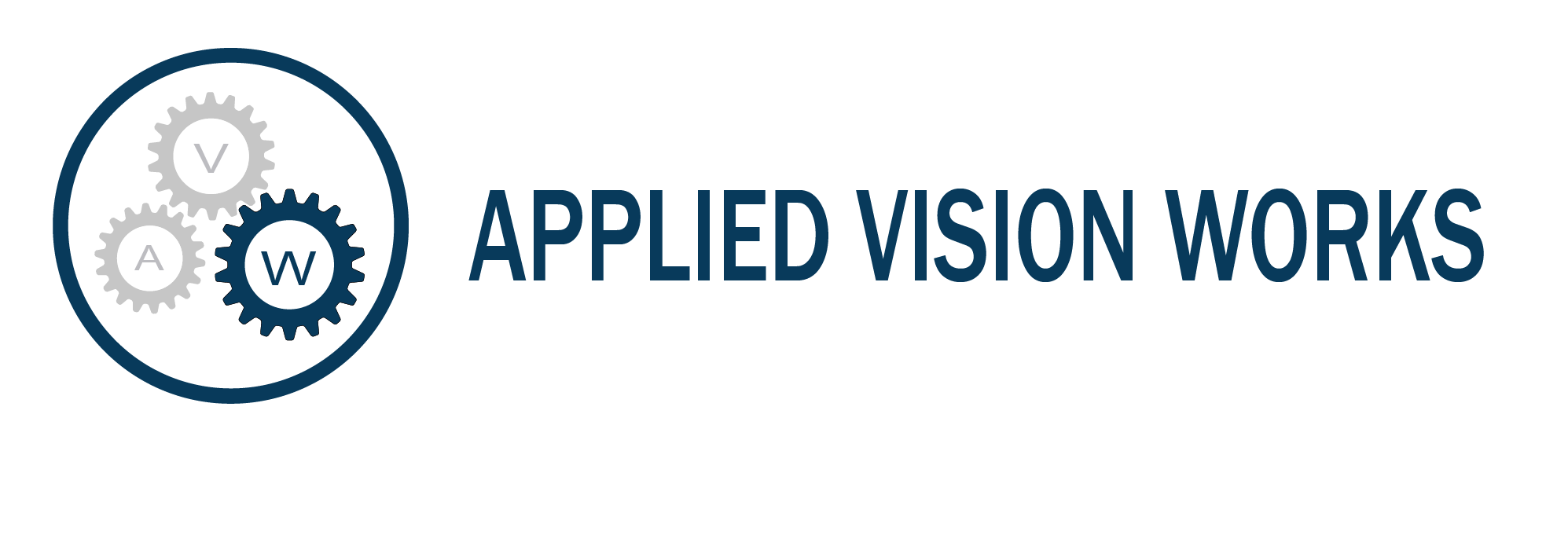Increasing Leadership Capabilities
Diversity Is More Than Just a Buzzword: How to Cultivate a Workplace Culture That Celebrates — Not Stifles — Employee Diversity
What Millennials Want in the Workplace: How to Create a Company Culture in Which the Younger Generation Can Thrive

The millennial generation, now making up the largest portion of today’s workforce, seek jobs that provide work-life balance, a welcoming and open corporate culture, and financial stability | Image Attrib.: Flickr user ITU Pictures
Get ready to share the office with even more members of the internet-savvy, selfie-loving generation. According to Pew Research Center, millennials now represent the largest share of the American workforce, overtaking Gen X earlier this year.[1. Millennials Surpass Gen Xers as the Largest Generation in U.S. Labor Force,” http://www.pewresearch.org/fact-tank/2015/05/11/millennials-surpass-gen-xers-as-the-largest-generation-in-u-s-labor-force/] These dreamers and doers who work Google’s search bar like nobody’s business can offer a lot to employers, but what should employers be offering to them? Business leaders from older generations may be misunderstanding the needs of their younger employees. If you’re looking to fill your company with a number of bright young workers, make sure you’re up to snuff on these three millennial-approved workplace features.
Flexibility and Work-Life Balance
For millennials, the typical nine-to-five routine is more than just old-fashioned — it impedes their ability to do great work. Millennial workers crave the freedom to set their own schedules, and to meet that desire smart business leaders are increasingly allowing employees to come in early or stay late, or even work from home. After all, allowing your employees to log on to their laptops from home means you’ll be getting solid work from both night owls and early birds, who may underperform when forced to conform to a traditional schedule.
Going hand-in-hand with the flexibility issue is work-life balance, which is big for millennials. According to The Washington Post, millennials surveyed in a recent study largely reported that they’d be willing to take a pay cut, make a move, or forgo a promotion in exchange for a greater work-life balance.[2. “Millennials Want a Work Life Balance. Their Bosses Just Don’t Get Why,” http://www.washingtonpost.com/local/millennials-want-a-work-life-balance-their-bosses-just-dont-get-why/2015/05/05/1859369e-f376-11e4-84a6-6d7c67c50db0_story.html] If you’re interested in not just attracting millennial employees but retaining them, keep in mind that 60-hour work weeks could send your younger workers applying elsewhere.
A Welcoming Workplace Culture With Open Lines of Communication
The 18-to-34 set doesn’t want to view their jobs as just jobs; millennials seek out careers that they find personally engaging at companies that foster team collaboration and a shared sense of purpose. Hip happy hours, company-sponsored service opportunities, and chances to take their careers abroad can all be found on a millennial’s dream career checklist. In fact, according to a survey commissioned by Capstrat, a whopping 72 percent of millennials are willing to sacrifice a higher salary for a more personally and professionally fulfilling career.[3. “The Truth About Millennial Workers,” https://www.capstrat.com/elements/downloads/files/millennials-work.pdf] To truly maximize your millennial employees’ potential, find ways to develop company policies and perks that appeal to the distinctly millennial values of community and discovery.
Oh, and don’t forget to tell your millennial employees what an awesome job they’re doing — PwC reports that over 40 percent of millennials prefer to be rewarded or recognized by superiors at least monthly, while such frequent praise was important for only 31 percent of non-millennials.[4. “PwC’s NextGen: A Global Generational Study,” http://www.pwc.com/en_GX/gx/hr-management-services/pdf/pwc-nextgen-study-2013.pdf] Your younger workers don’t just want lip service, though; frequent performance reports and open communication helps millennials gauge where they stand in a company and provides guidance on what to keep doing, and what they could be doing better. Remember, you’re dealing with a generation raised by “helicopter parents” — so they thrive on clear direction, but they’re also eager to outperform your expectations.
Financial Security and Stability
Millennials may be willing to trade in higher salaries for greater flexibility and jobs that they just really love, but don’t let the statistics fool you into thinking millennials are not concerned with pay. Yes, they crave careers full of purpose and passion, but members of the millennial generation were arguably most affected by the recession, which makes millennial workers especially keen to seek out jobs that offer a sense of financial security. According to Forbes, results from a survey conducted by Boston PR firm Bright Horizons revealed that financial security was the number one concern among millennial-aged employees, with 71 percent reporting that they’d prefer a retirement savings plan over other financial perks. With so much focus on wacky, decadent job perks (especially in the startup sector) that appeal to millennials, like ping-pong tables and daily catered lunches, this may come as a surprise. So before you show off your sweet, free snack fridge to potential millennial hires, make sure you’ve got some attractive 401(k) options in place.
Creating a workplace culture that appeals to and supports both millennials and older workers can be tricky — but if business leaders get it right, then their organizations will reap the rewards. We’ve identified 15 Culture Principles that we instruct leaders to follow to help them understand cultureship and how to develop a strong sense of culture in their own organizations. If you’re interested in learning more about how to cultivate a successful workplace culture, contact us and ask about our Culture Connection Program.





